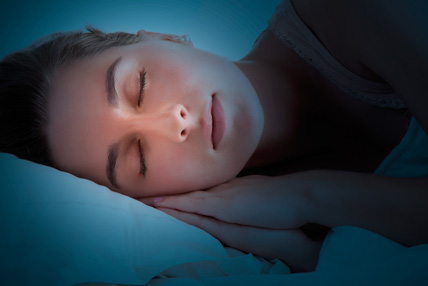
Experts stress that not getting enough sleep can affect judgment, mood, and learning and information retention capacity and also increase the risk of serious accidents and injury. Chronic sleep deprivation can lead to obesity, diabetes, cardiovascular disease, and even early death. In view of this, we offer some tips on how to get better sleep:
- First of all, plan a regular bedtime and go to the bed same time every day. Choose a time when your body gets tired so that you won’t toss and turn in bed. Try not to break this routine.
- Make a habit of waking up at the same time every day. Try not to make changes to this even during your weekends when you will be tempted to sleep more.
- If you happen to lose some sleep, don’t make it up for it the next night by sleeping more as it may affect the sleep cycle. Try taking a sort nap some time during the day compensate for the lost sleep, so that your regular sleep pattern is not disturbed.
- It is better to avoid napping if you have insomnia. If you really want to take the nap, better take it in the early afternoon. Importantly, limit the nap to 30 minutes.
- A heavy dinner can make you drowsy before your bed time. If you decide to go to bed then, you may wake up later in the night and have trouble getting back to sleep. So engage in activities that will keep you awake till your normal bedtime.
- Watch out what you eat before bed time. Avoid going to bed hungry or stuffed. Limit intake of fluids so that your sleep in not disturbed by having to go to the toilet.
- Indulge activities that relax you such as listening to music or taking a warm shower.
- Make your room ideal for sleep. A comfortable mattress and pillows and the restful ambience are important to ensure quality sleep.
In addition to all of this, make sure you exercise regularly and find healthy ways to manage stress. Don’t worry about an occasional sleepless night as everybody has these. Seek your doctor’s advice only if you have frequent bouts of sleeplessness.
